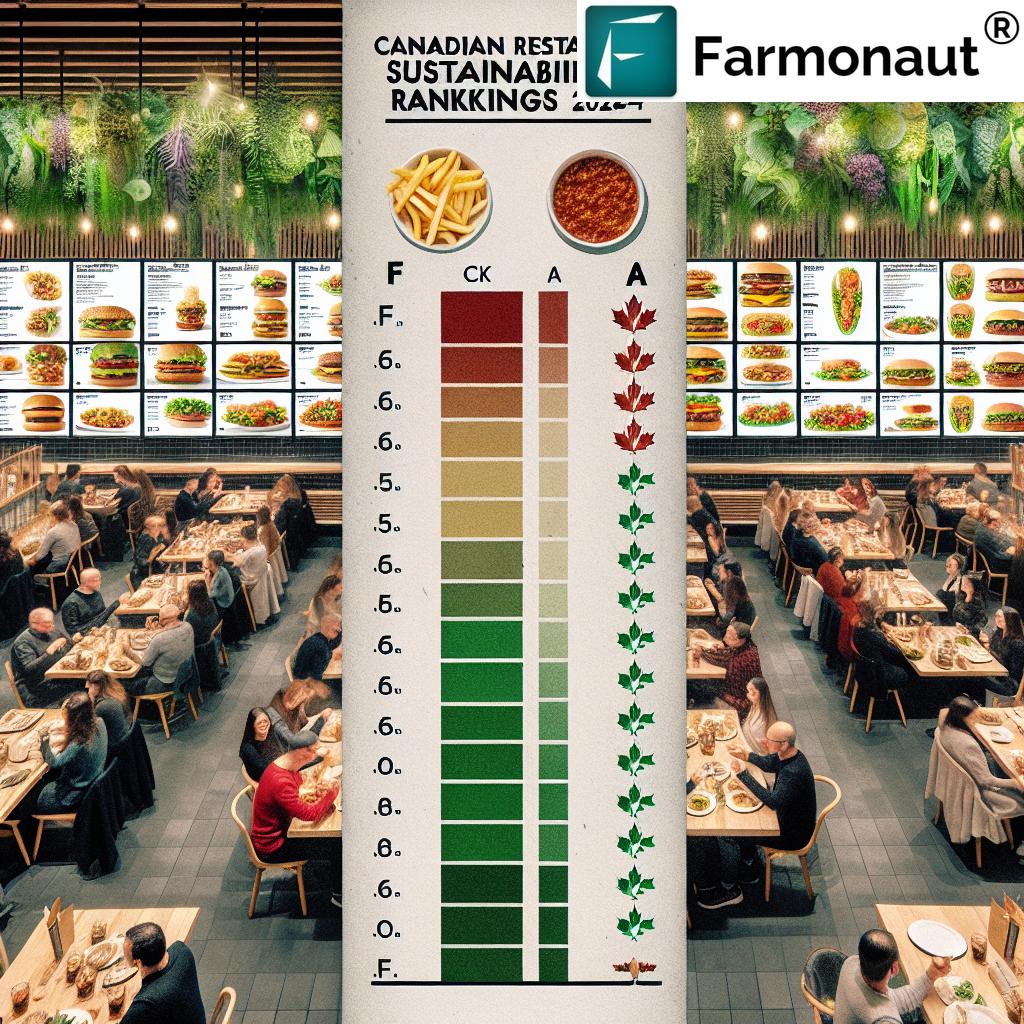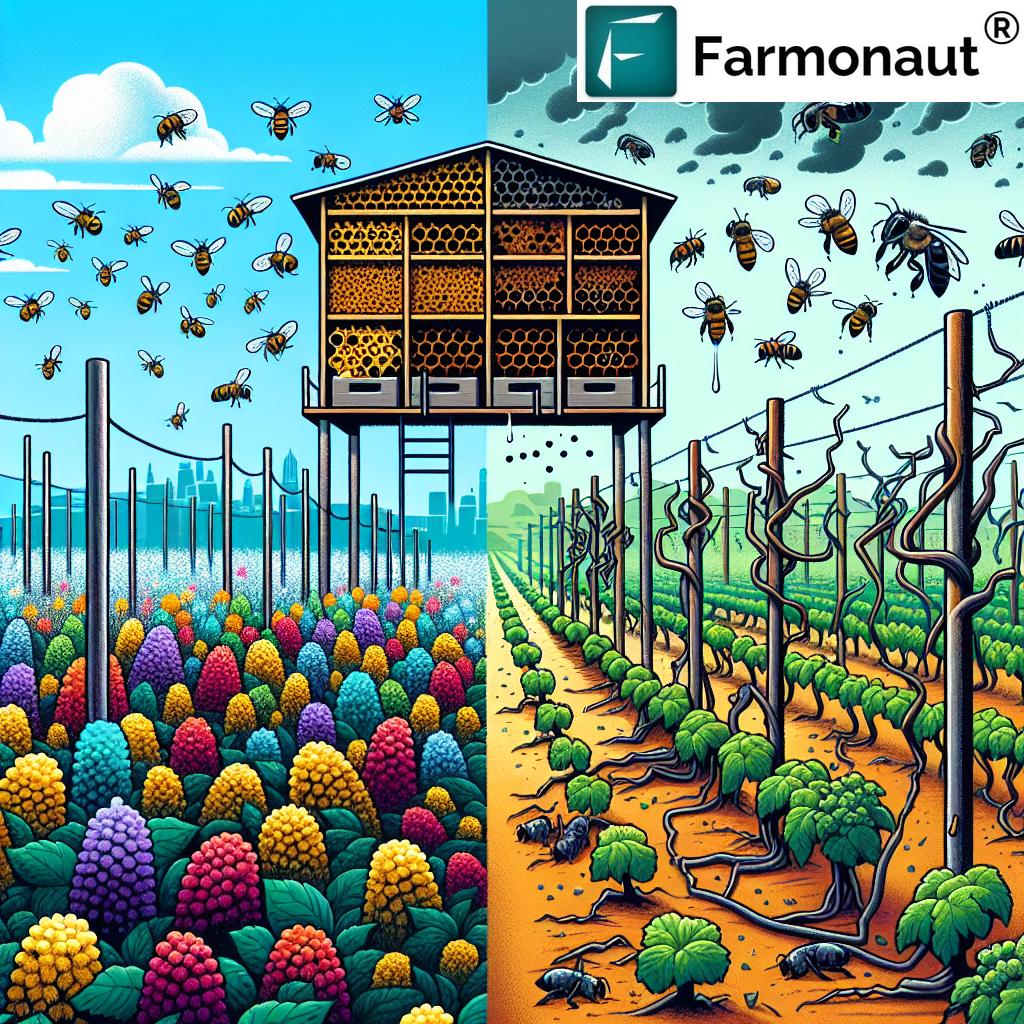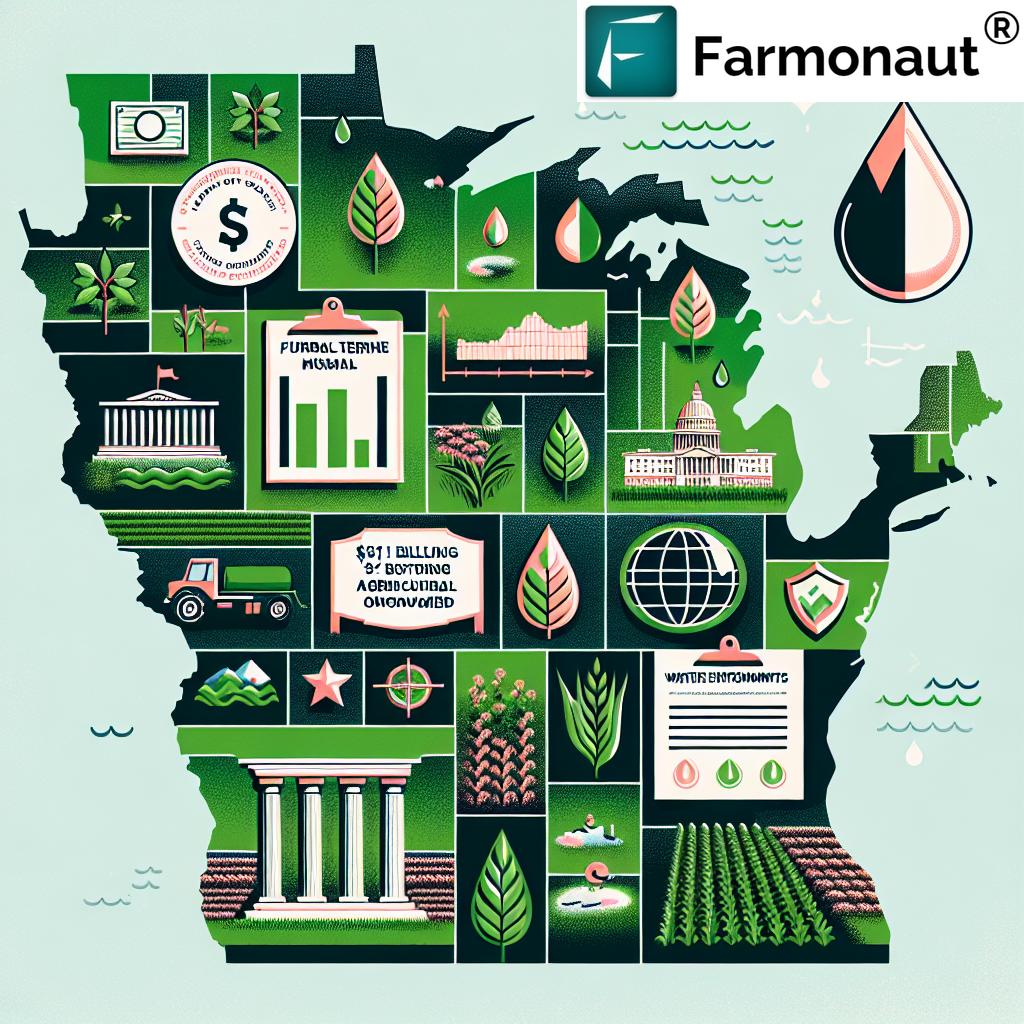Revolutionize Your Plate: Canadian Restaurants Fail to Embrace Plant-Based Future in Shocking New Report

TORONTO, Oct. 24, 2024 /CNW/ – A groundbreaking report titled “Moving the Menu 2024” by World Animal Protection has unveiled a startling reality: despite growing consumer demand, the majority of Canadian restaurant chains are lagging behind in offering plant-based menu options. This comprehensive study, which evaluates restaurant sustainability rankings, paints a concerning picture of the industry’s slow adoption of climate-friendly dining practices.
The State of Sustainable Dining in Canadian Chains
The report meticulously ranks 23 major restaurant chains based on their efforts to promote sustainable, humane, and plant-based eating. In a surprising twist, Chipotle emerges as the frontrunner, securing a commendable B grade. On the other end of the spectrum, fast-food giants McDonald’s and Wendy’s, along with several prominent chicken chains like KFC and Popeyes, find themselves at the bottom with failing grades.
As Canada grapples with looming climate targets and an increasingly conscious consumer base, the restaurant industry faces an unprecedented opportunity to spearhead the creation of an equitable, humane, and sustainable food system. However, the report highlights a glaring gap between this potential and the current reality.
Plant-Based Menu Options in Canada: A Mixed Bag
While some chains have made strides in introducing plant-based menu options, the overall progress remains disappointing. Notably absent are firm commitments to meat reduction policies – a crucial step in aligning with Canada’s sustainability and climate goals.
Despite successful trials of plant-based options by chains such as McDonald’s, A&W, and Tim Hortons, many restaurants have failed to maintain these offerings or effectively communicate their benefits to consumers. This reluctance comes at a time when plant-based eating is no longer a niche trend but a mainstream movement, demanding innovation from the restaurant industry to meet the rising demand for compassionate, eco-friendly choices.

The Climate Impact of Restaurant Industry Choices
The restaurant industry climate impact cannot be overstated. Animal agriculture is a significant driver of climate change, accounting for nearly 15% of global greenhouse gas emissions. Reducing reliance on animal-sourced foods is not just a matter of preference but a crucial step in meeting climate targets and building a more sustainable food system.
For those interested in tracking agricultural sustainability, Farmonaut’s satellite API provides valuable insights. Developers can access comprehensive documentation through the API Developer Docs.
Key Findings: A Sector-by-Sector Breakdown
- Top Performer: Chipotle leads the pack with a B grade, distinguished by its extensive plant-based offerings and policies promoting the benefits of plant-based eating.
- Worst Performers: McDonald’s and Wendy’s received F grades, showing no progress in plant-based menu options. KFC and Popeyes also flunked, demonstrating minimal commitment to sustainable dining.
- Burger Sector: A mixed performance, with Burger King and Harvey’s scoring C grades for offering options like the Impossible Whopper. Surprisingly, A&W received an F despite having the Beyond Meat burger, due to a lack of broader sustainability commitments.
- Chicken Sector: A complete failure across the board. All major chicken chains, including KFC, Mary Brown’s, and Popeyes, received F grades, making little to no investment in plant-based alternatives.
- Coffee Sector: Modest progress noted, with Starbucks and Tim Hortons earning C grades. However, they face criticism for charging extra for plant-based milk alternatives. Second Cup and Coffee Time received failing grades.
Recommendations for a Sustainable Future
To align with climate goals and meet the growing consumer demand for sustainable dining in Canadian chains, the report outlines several key recommendations:
- Position plant-based proteins as integral to sustainability strategies and animal welfare in restaurants.
- Increase and promote plant-based menu options by default.
- Commit to reducing animal products by 25% by 2030.
- Report progress annually on sustainability commitments.
- Explore emerging innovations such as fermentation-based and cell-cultivated proteins.
The plant-based sector is experiencing rapid growth, with projections indicating it will reach USD 22.3 billion globally by 2029. This presents a golden opportunity for Canadian restaurants to become leaders in sustainability and plant-based protein adoption.
Expert Insights
Lynn Kavanagh, Farming Campaign Manager at World Animal Protection Canada, emphasizes the urgency of the situation: “The future of our planet depends on bold, decisive action to reduce our reliance on animal products. By embracing plant-based options, we not only spare millions of animals from suffering but also create a healthier, more sustainable world. It’s time for the food industry to take responsibility and make plant-based eating the new norm for the sake of animals, people, and the planet.”
Quick Facts: The State of Plant-Based Dining in Canada
- Most of Canada’s largest restaurant chains are failing to commit to meat reduction, with many earning “F” grades despite successful plant-based trials.
- Canadians consume nearly twice the global average of meat per capita.
- Over 800 million animals are killed annually for food in Canada, mostly in factory farms responsible for immense suffering and environmental damage.
- Animal agriculture is the most emission-intensive sector in Canada.
- Reducing animal product consumption by 50% by 2030 could lower emissions by 13.5 megatons in Canada – equivalent to removing six million cars from the road annually.
- 38% of Canadians are likely or somewhat likely to reduce their consumption of meat, dairy, and eggs.
- Over half of Canadian consumers would reconsider dining at a restaurant without vegetarian or vegan options, reflecting a growing demand for plant-based menu options in Canada.
For those looking to make more sustainable food choices, Farmonaut offers valuable resources through its mobile apps:
About World Animal Protection Canada
World Animal Protection is a renowned international animal welfare charity with over 70 years of experience. The organization works tirelessly to protect animals from cruelty through practical, evidence-based, and sustainable solutions that benefit both people and animals. With offices in 12 countries, including China, Australia, India, Kenya, Brazil, the U.S., and the U.K., World Animal Protection holds General Consultative Status with the UN and is a member of Canada’s National Farm Animal Care Council (NFACC) and the Climate Action Network. The organization also founded the Global Ghost Gear Initiative (GGGI), of which Canada is a member.
As the restaurant industry grapples with these challenges, it’s clear that a significant shift towards plant-based protein adoption in restaurants is not just desirable but essential for a sustainable future. The “Moving the Menu 2024” report serves as a wake-up call for Canadian restaurants to step up and move their menus towards a greener, more compassionate future.
For more information on sustainable agriculture and to access valuable tools for farmers and consumers alike, visit Farmonaut’s web app.
As we move forward, it’s crucial for consumers, restaurants, and policymakers to work together in creating a more sustainable and ethical food system. The future of our planet and the well-being of animals depend on the choices we make today. Let’s revolutionize our plates and embrace a plant-based future for a better tomorrow.















